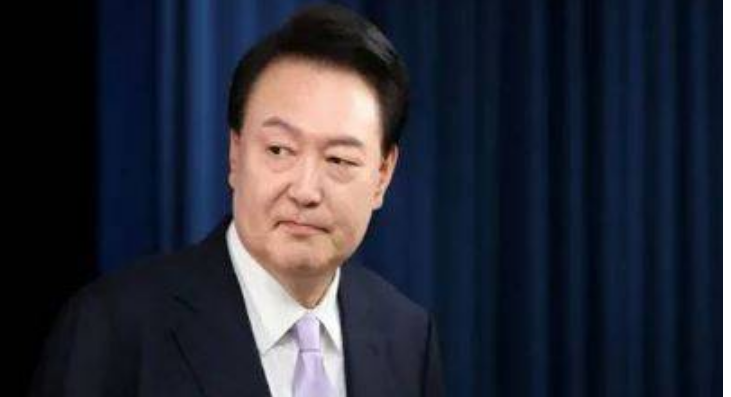Seoul (Web Desk): In a stunning late-night televised address, South Korean President Yoon Suk Yeol announced the imposition of martial law, sending shockwaves through the nation.
Yoon accused opposition parties of undermining the legislative process, claiming they had taken the parliamentary system hostage.
He framed his actions as necessary to protect the country’s constitutional integrity, vowing to eliminate what he referred to as "pro-North Korean anti-state forces." Although Yoon made no mention of any direct threats from North Korea, his focus was on internal political opponents.
This is the first time martial law has been declared in South Korea since 1980, a country that has long prided itself on its democratic system.
The military quickly issued a statement outlining the suspension of parliamentary and political activities, with media outlets and publishing houses coming under the control of the martial law authorities.
The declaration of such measures, which restrict democratic freedoms, has alarmed many within South Korea.
Opposition leader Lee Jae-myung, head of the Democratic Party (DP), sharply criticized the move, warning that it would lead to a total collapse of the national economy.
He accused the president of using force to control the country and called on citizens to rally at the National Assembly to defend democracy.
The reaction within the National Assembly was swift, as the majority of lawmakers voted to demand the lifting of martial law.
Former President Moon Jae-in, a member of the DP, expressed his concerns, stating that the country’s democracy was now in danger.
He urged the National Assembly to act swiftly to prevent the erosion of democratic principles and called on the public to support their efforts.
Internationally, the situation has drawn attention, particularly from the United States, which maintains a significant military presence in South Korea.
The US government has been closely monitoring the developments. South Korean officials, including Finance Minister Choi Sang-mok, have been meeting to discuss the potential economic fallout from the situation, especially after the value of the Korean won dropped sharply.
The tensions that led to this dramatic step were fueled by a series of recent moves by the opposition, including a motion to impeach senior prosecutors and efforts to drastically reduce the government’s budget proposal.
Yoon condemned these actions, claiming they paralyzed the government’s ability to function.
The ruling government’s disputes with the opposition have also been marked by protests, including calls for a special prosecutor to investigate fraud allegations against the first lady.
As South Korea grapples with this unprecedented crisis, the nation’s future democratic stability remains uncertain, with tensions escalating between the government and opposition factions.


